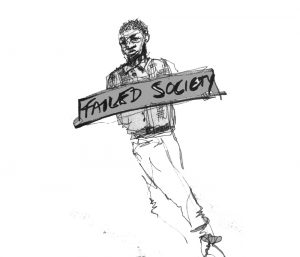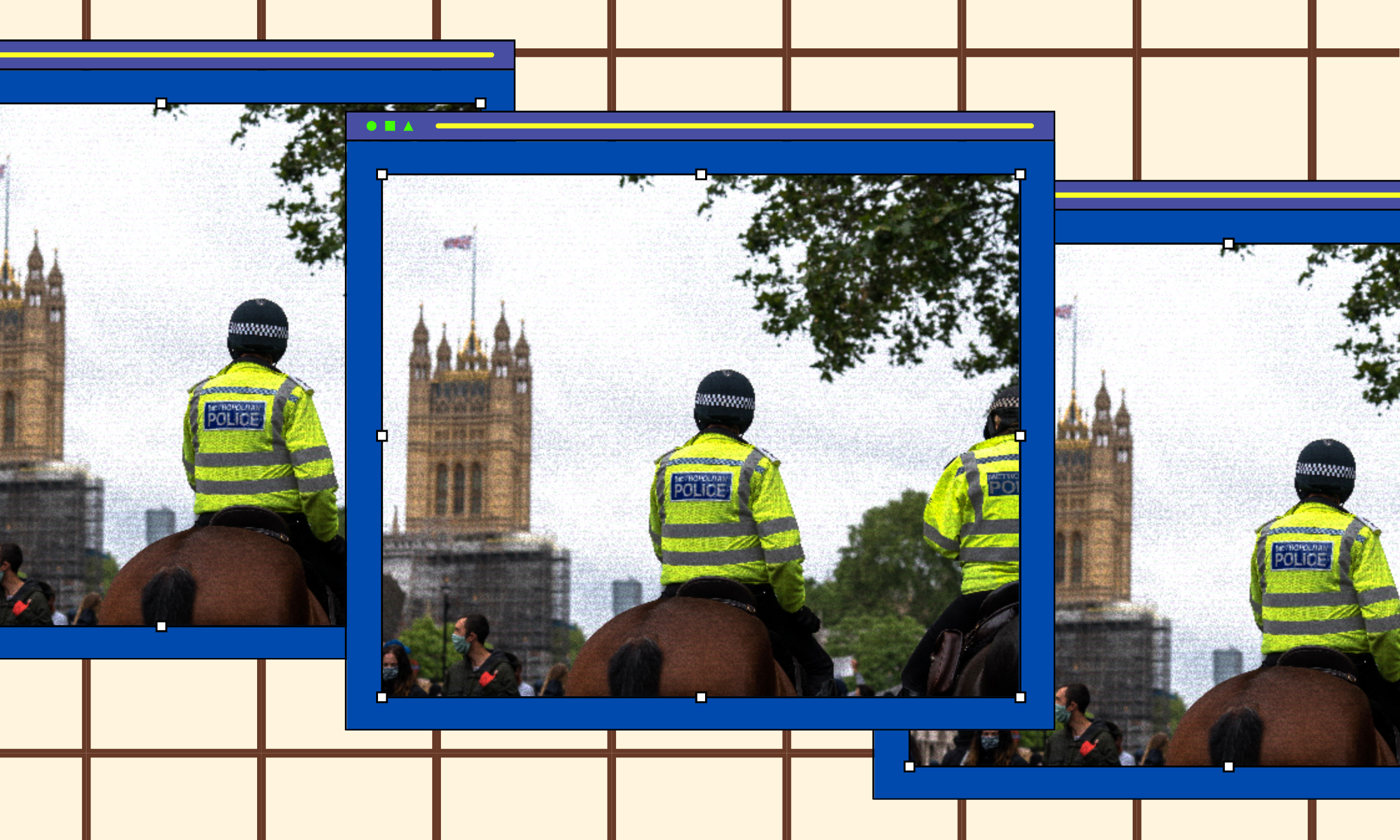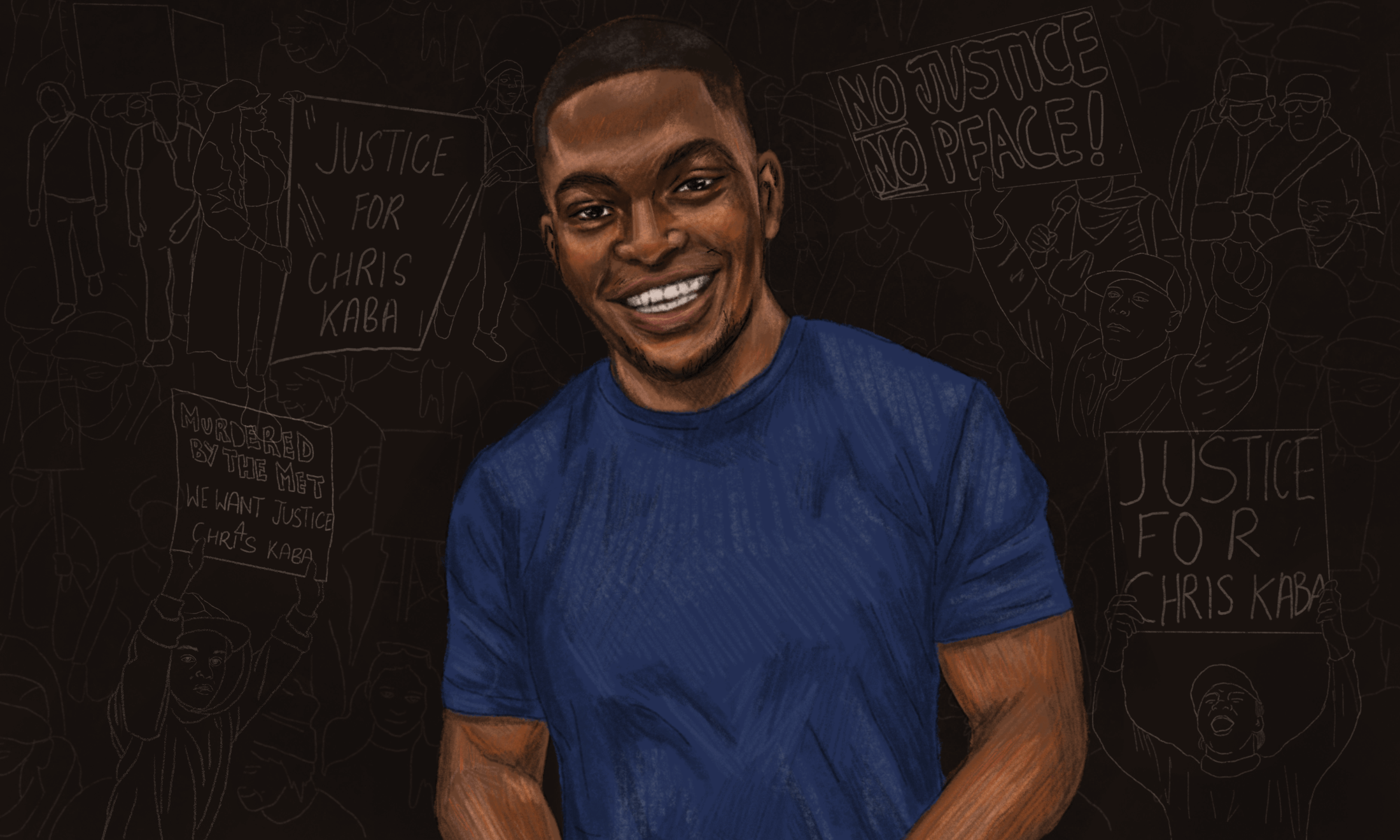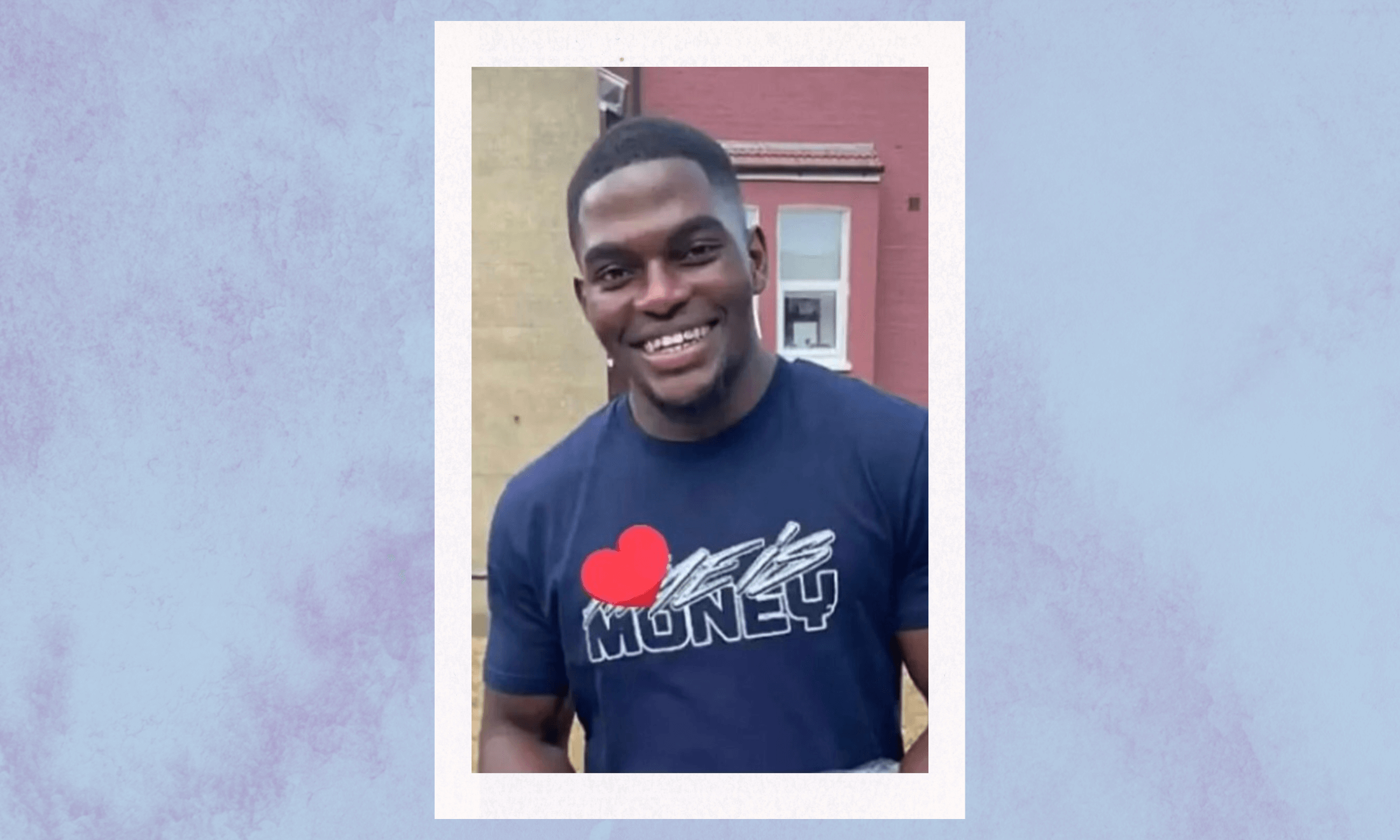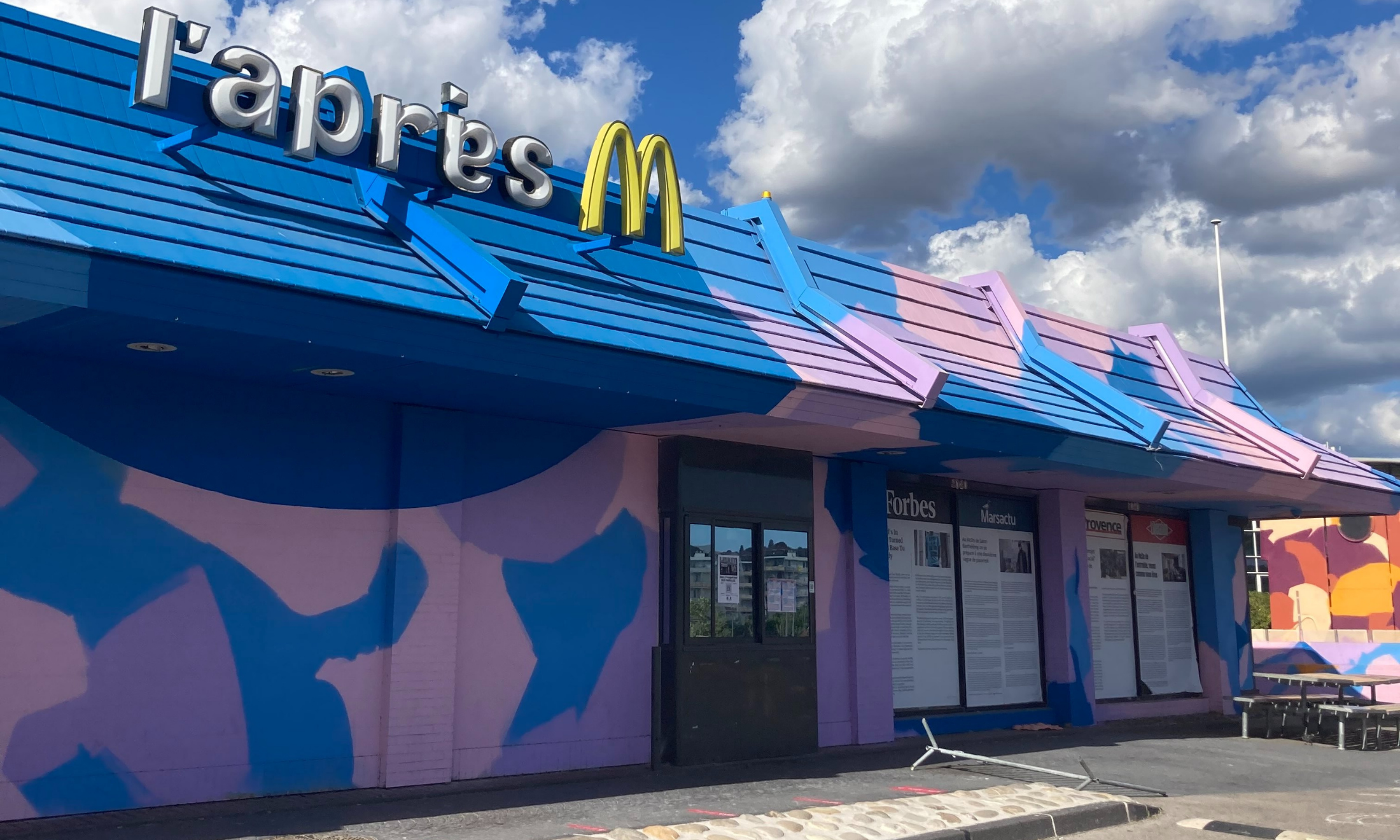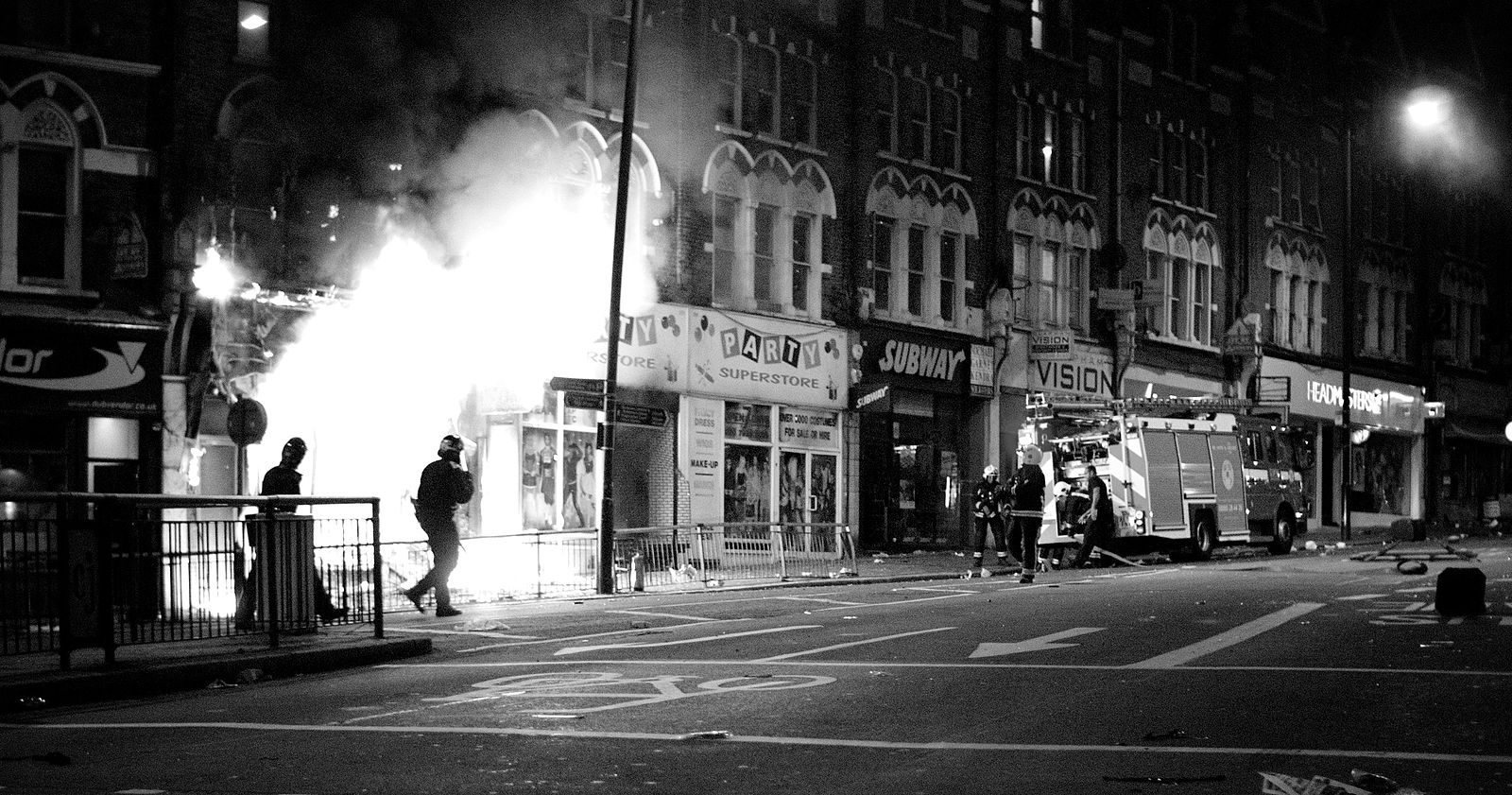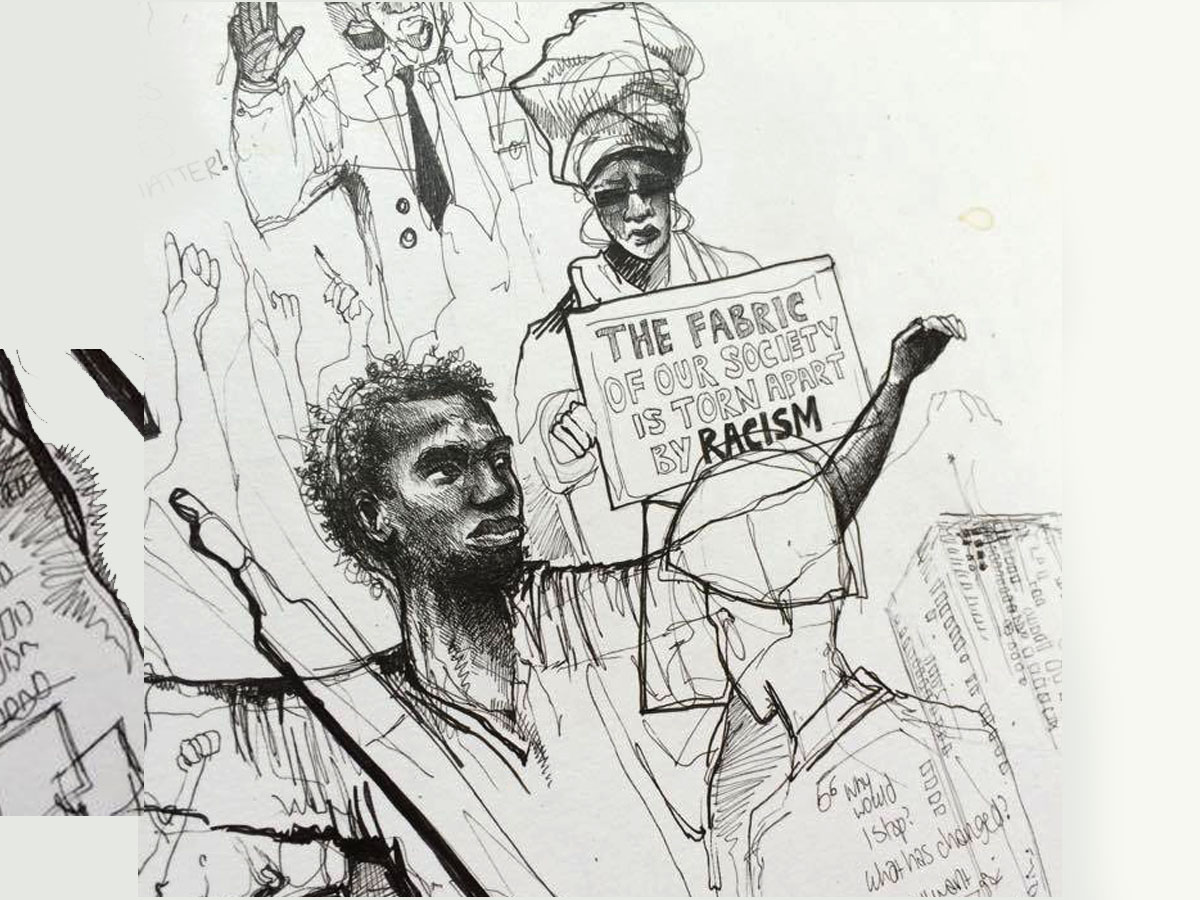
The second day of February 2017, at Aulnay-sous-Bois, a suburban city a few miles north of Paris. A group of youngsters are undergoing a police check; it’s almost a daily routine. But this particular day the encounter is getting heated, more than usual, and 22 year old Theo is arrested. This is usual for the young population of Paris suburbs. But it is a sad routine.
Theo’s arrest might seem unremarkable; a few hours spent at the police station is nothing out of the ordinary. His face is pretty beaten up, but once again this happens every day. However Theo’s arrest is far from conventional as later that day he will end up in the hospital, three police officers suspended and charged for assault, another one charged with rape.
Theo is lying in his hospital bed with a severe rectum injury; he’s just had extensive emergency surgery. What caused this injury? A policeman’s expandable baton.
This is an extreme case of a police “blunder”. The extreme and unjustified use of force in poor and disadvantaged areas is more than a headline; it is a real societal trouble in France.
Police brutality and misconduct in France is a hidden worm that eats the society from the inside. Why are the ones who are supposed to be protecting the population harming it? But these events seldom make the headlines because of shame and fear of retaliation from law enforcement.
“Theo and Adama are a reminder of why Zyed and Bouna were running”
This sentence written on a wall was shared widely on social media. It is the accurately sad summary of the situation in France’s poorer areas.
In the summer 2016, Adama Traoré died in police custody. He was arrested at his home, entered a police car alive, yet was dead at the station. Although the autopsy revealed he died from cardiac arrest, a second autopsy showed he’d died from asphyxiation. He was 24 and the lack of information concerning his death, as well as plainly conflicting evidence regarding the cause made him the “new” face of police brutality in France.
In 2005 it was Zyed and Bouna, aged 15 and 17. They died from electrocution at a power substation. They were walking home from an afternoon of playing football, and passed by a construction site. As they walked, the boys crossed paths with a police van, and instinctively ran away. They had done nothing wrong; they were simply running, most likely because they wanted to avoid an identity check (having an ID with you at all times is mandatory in France when you are over 16). They knew that if the police were to catch up with them they would end up at the police station.
Who can blame a teenager for not taking his ID to go play football with his mates? Who can blame teenagers for not wanting to spend the afternoon in a police station?
Young black and Arab people in France are a target for law enforcement; a recent study proved that ethnic profiling is not an urban myth. Young people of colour (PoC) or perceived PoC are 20 times more likely to be “known” to law enforcement. In a survey of 5000 young black and Arab men aged 14-25 80% of them said they went through a police control in the past 5 years, in comparison to only 16% of the general population (15-79 years old). To add some perspective, out of the other respondents (all ages, and profiles) 84% stated they had not been through such a procedure in the last 5 years. It is evident that the police disproportionately monitor young people in France; odds are definitely not in your favour if you find yourself being young and a PoC.
Police brutality and acute controls are not the only problems young PoC in France encounter; unemployment is higher than in any other of category of people. In France’s poorer suburbs, 27% of people aged 15-64 are unemployed (in comparison, the national rate for unemployment is oscillating around 10%).
Theo’s assault, and Adama, Zyed and Bouana’s deaths reveal systemic problems within the French police force. Too often, police “blunders” and heavy-handed treatment result in the deaths of young people of colour. These events, and the recent study confirm that being young in France is hard, but that being young and of colour in France is frankly, dangerous.

